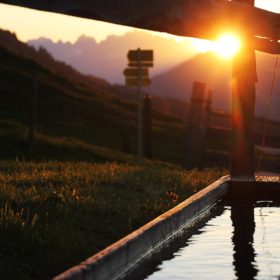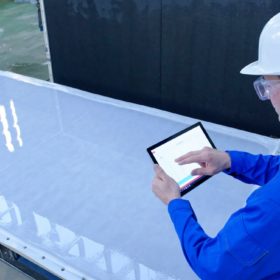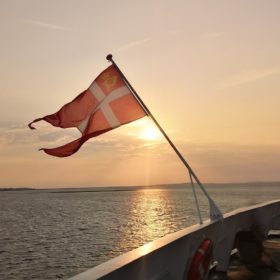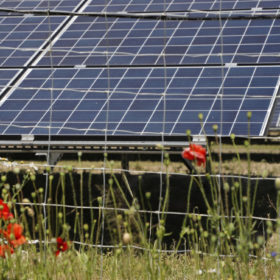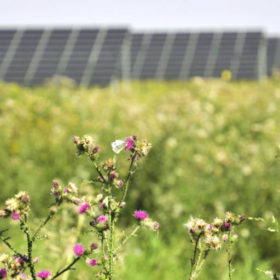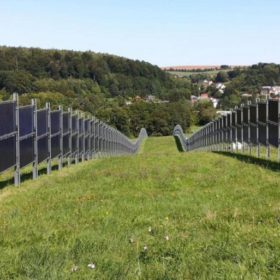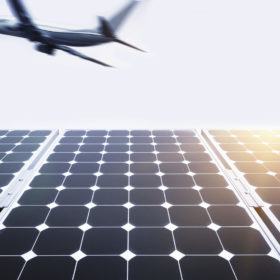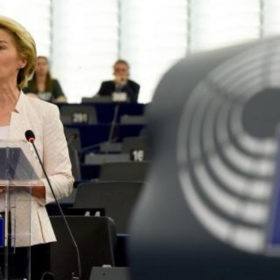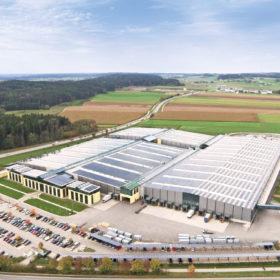Austria doubles financial support for solar rebates
The government has ramped up its budget for the rebate scheme to €10 million.
Thyssenkrupp increases annual electrolyzer capacity to 1 GW
The German conglomerate’s electrolyzers boast efficiency levels of up to 80%. The modular devices can be connected to form plants of almost any size.
Another 500 MW of unsubsidized solar for Denmark
German PV asset manager Encavis and Danish renewables company Greengo have already secured approval for one large project.
Energiekontor secures third solar PPA in Germany
The German solar developer has secured a power purchase agreement from French energy giant Engie, which has agreed to buy electricity from a 41.5 MW solar plant under development in the Mecklenburg-Vorpommern region.
German PV tender delivers record low solar power price of €0.0355/kWh
The 100 MW tender was five times oversubscribed and the average final price tariff offered was €0.05 lower than the previous procurement round.
Next2Sun Mounting Systems begins crowdfunding
The German start-up provides mounting structures for bifacial solar modules as well as PV systems which can be installed as a fence to enclose pastures. Next2Sun Mounting Systems is offering 5% annual interest over five years.
The weekend read: Guilt-free solar flying?
Synthetic kerosene produced from green hydrogen promises emissions-free air travel. That sounds good – and it does not even cost that much. But there is still much more work to be done. After all, only fuel-cell airplanes can make hydrogen-powered flight truly climate-neutral, and it will take some time before these aircraft are ready for widespread use.
EU Commission presents ‘historic’ European Green Deal plan
Described as “historic”, the draft outlines the future climate protection course of the European Union. Overall, the EU should become climate neutral by 2050, and trigger €1 trillion in investment. €100 billion is expected to be made available for the transition. This is to be formalized in a climate law in the coming months. Although solar was noticeably absent in the draft, plans have been detailed by SolarPower Europe as to how it could be included.
Star Wars’ Death Star with PV modules could surpass global energy needs by 10 times
EOn has calculated the number of PV modules that could theoretically be installed on the Imperial space station from the popular film series. It concluded that even a small version of the station would be able to provide enough solar power to supply 2.5 billion households on Earth.
Schletter Group ceases production in Germany
In the future, the solar mountings manufacturer itself will only manufacture in China. The cooperation of the Schletter Group with specialized production partners in Germany and other countries will continue, however. With the end of production in Kirchdorf near Munich, jobs will be lost. The company is seeking proximity to the global growth markets.
